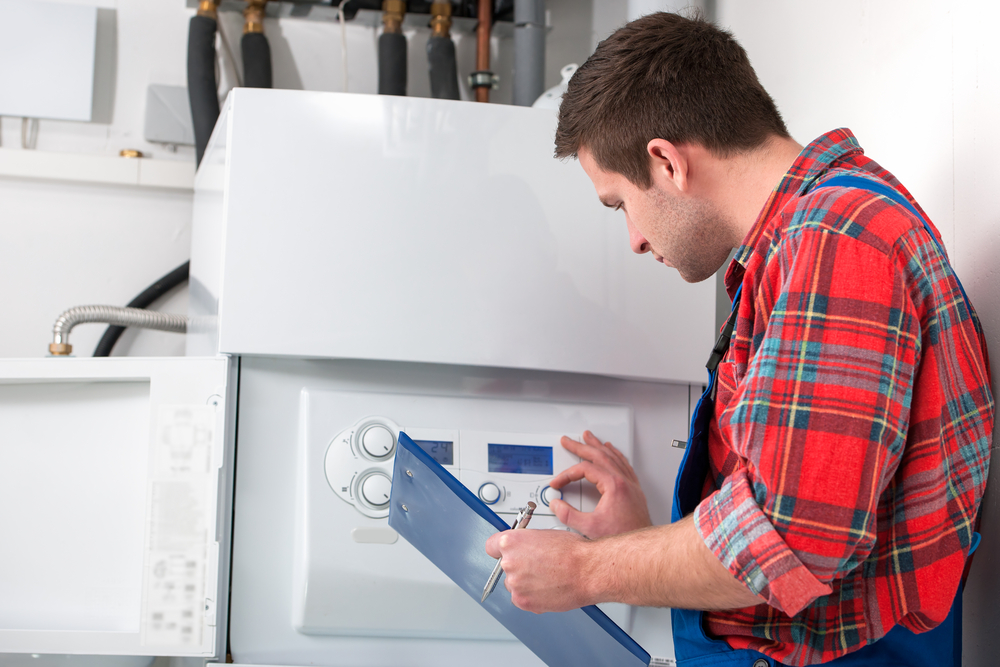The issuance of Gas Safety Certificates and Landlord Certificates plays a vital role in ensuring the well-being of occupants. As landlords shoulder the responsibility of providing safe living and working environments, understanding the importance of these certificates becomes crucial in upholding both legal obligations and the welfare of tenants.
Gas Safety Certificates: A Comprehensive Overview
A Gas Safety Certificate is a legal requirement in the UK for landlords who rent out properties that contain gas appliances. These certificates are issued after a qualified Gas Safe registered engineer conducts a thorough inspection of all gas appliances, ensuring they meet safety standards and pose no risk to the occupants.
-
Prevention of Gas-Related Incidents: The primary purpose of a Gas Safety Certificate is to prevent gas-related accidents and incidents. Gas appliances that are not properly maintained or installed can lead to leaks, carbon monoxide poisoning, or even explosions. The certificate ensures that all gas appliances are in good working order and do not pose a threat to the health and safety of tenants.
-
Legal Requirement and Compliance: Landlords are legally obligated to provide a Gas Safety Certificate to their tenants. Failure to comply with this requirement can result in severe penalties, including fines and imprisonment. By obtaining and providing this certificate, landlords not only meet legal obligations but also demonstrate a commitment to the safety of their tenants.
-
Regular Inspections and Maintenance: Gas Safety Certificates necessitate regular inspections and maintenance of gas appliances. This proactive approach helps identify and address potential issues before they escalate, ensuring that appliances operate efficiently and safely.
Landlord Certificates: A Holistic Safety Approach
In addition to Gas Safety Certificates, landlords often obtain broader Landlord Certificates to cover various aspects of property safety. These certificates may include electrical safety certificates, energy performance certificates, and fire safety certificates. The holistic approach of Landlord Certificates ensures a comprehensive evaluation of a property’s safety features.
-
Comprehensive Property Assessment: Landlord Certificates provide a comprehensive assessment of a property’s safety features, covering not only gas appliances but also electrical systems, energy efficiency, and fire safety measures. This holistic approach safeguards tenants from a range of potential hazards.
-
Legal Compliance Across Multiple Areas: Different certificates may be required to comply with various legal regulations. Landlord Certificates help landlords navigate the complex landscape of legal requirements, ensuring that all necessary safety standards are met.
-
Tenant Confidence and Satisfaction: Providing a portfolio of safety certificates instills confidence in tenants. It communicates to them that their landlord is committed to maintaining a safe and secure living environment, fostering positive tenant-landlord relationships.
Conclusion
Gas Safety Certificates and Landlord Certificates are indispensable tools in the landlord’s arsenal for ensuring the safety of tenants and compliance with legal regulations. By prioritizing regular inspections, maintenance, and obtaining the necessary certificates, landlords contribute to the creation of homes and workplaces that are not only comfortable but, more importantly, safe for all occupants. In the ever-evolving landscape of property management, these certificates stand as pillars of accountability, reinforcing the importance of safety in the realm of rental accommodations.





